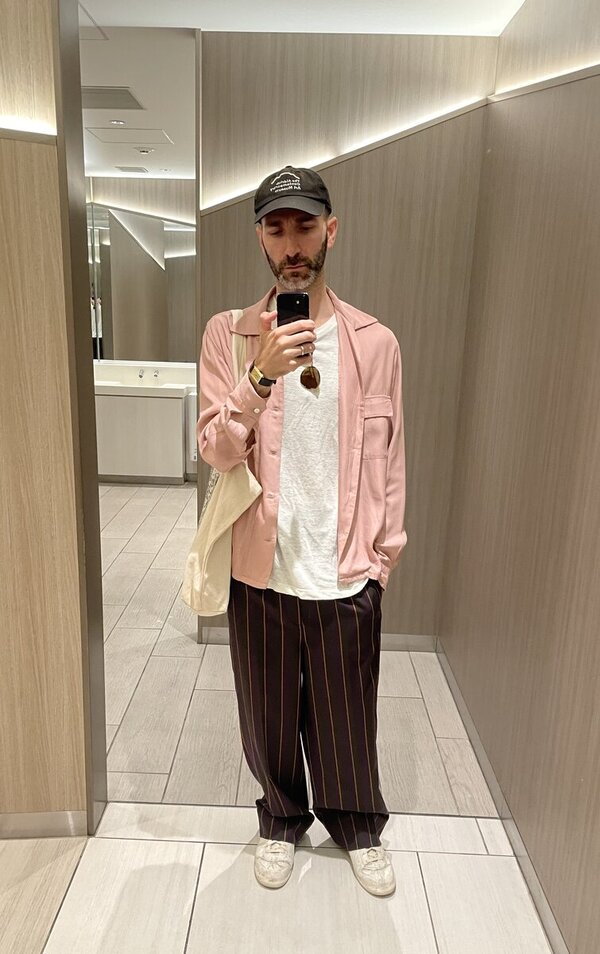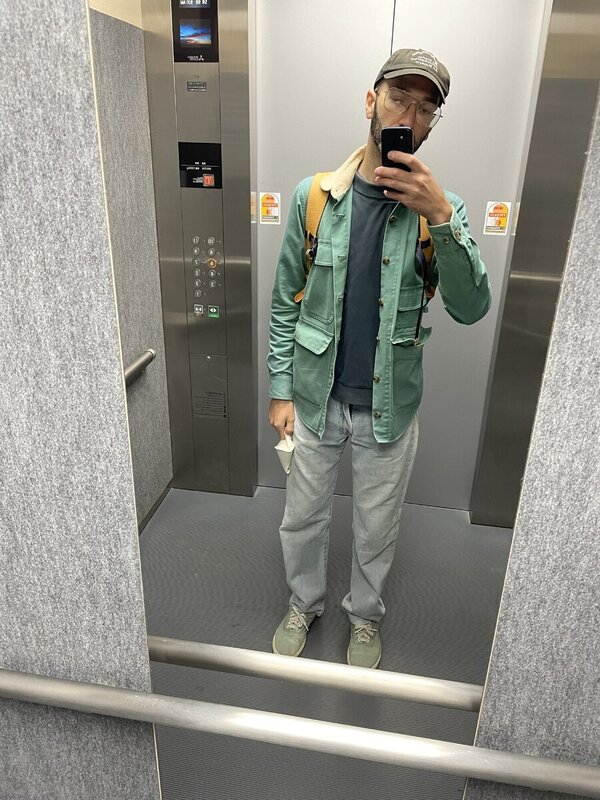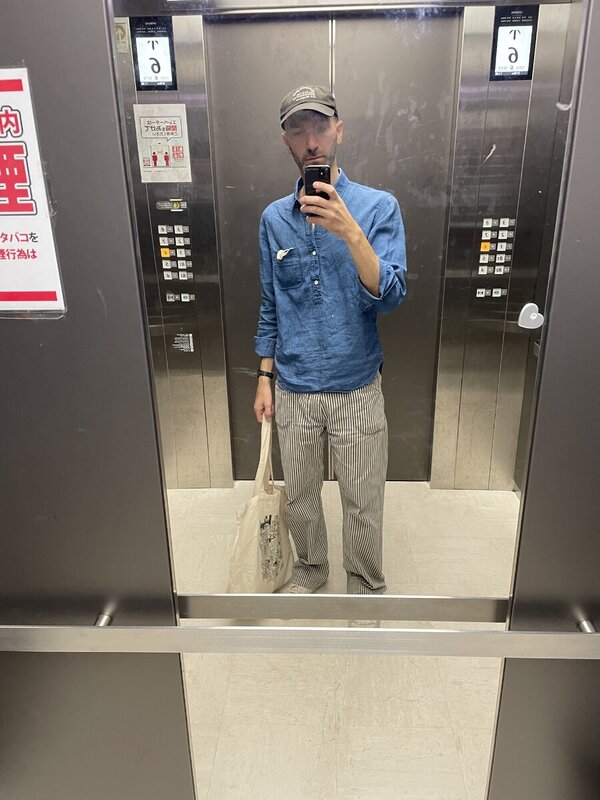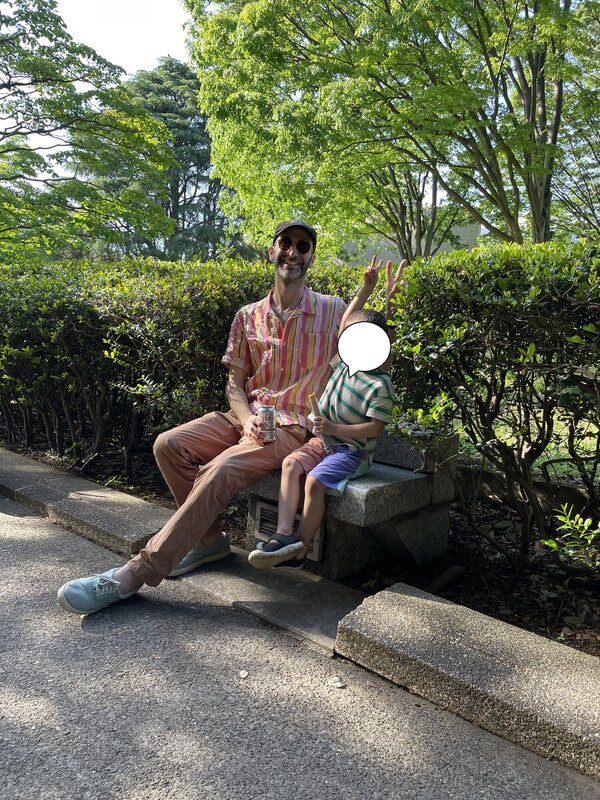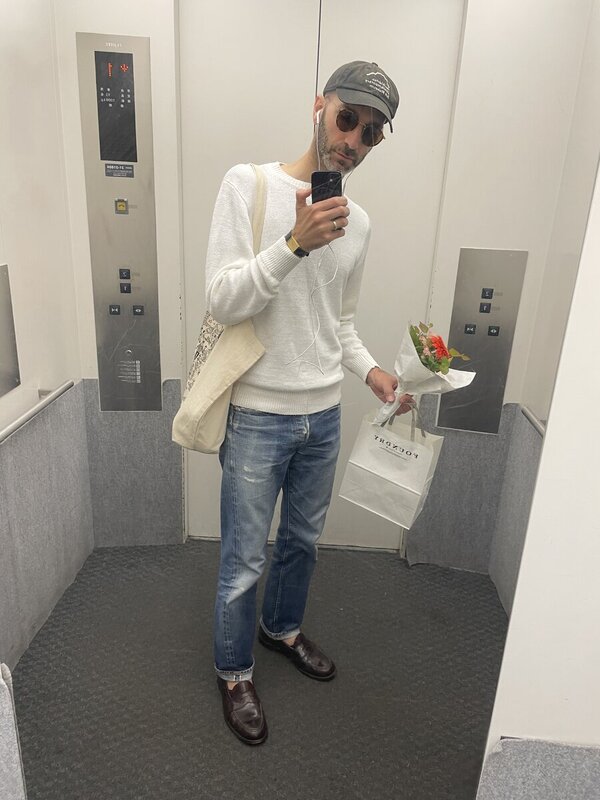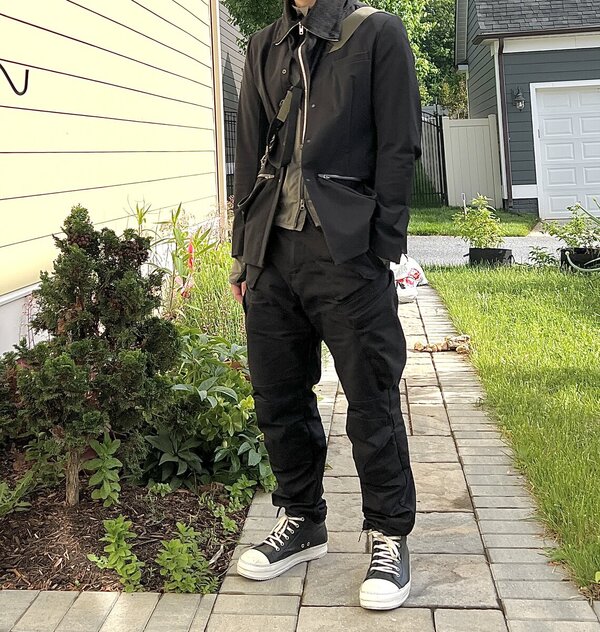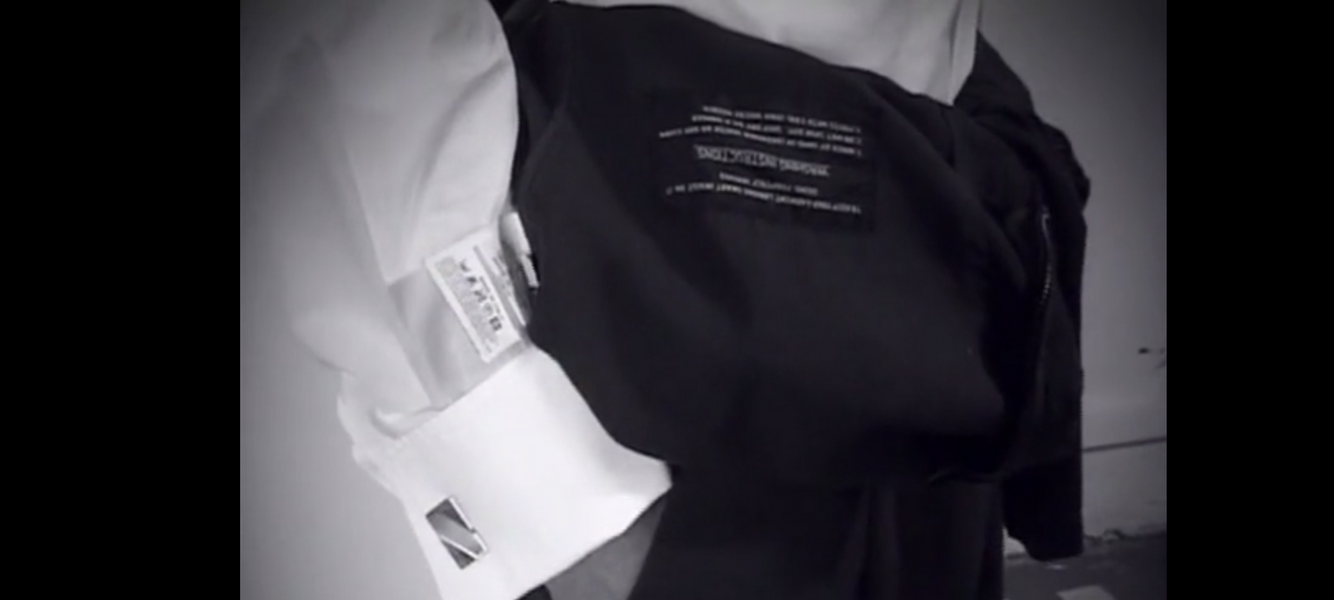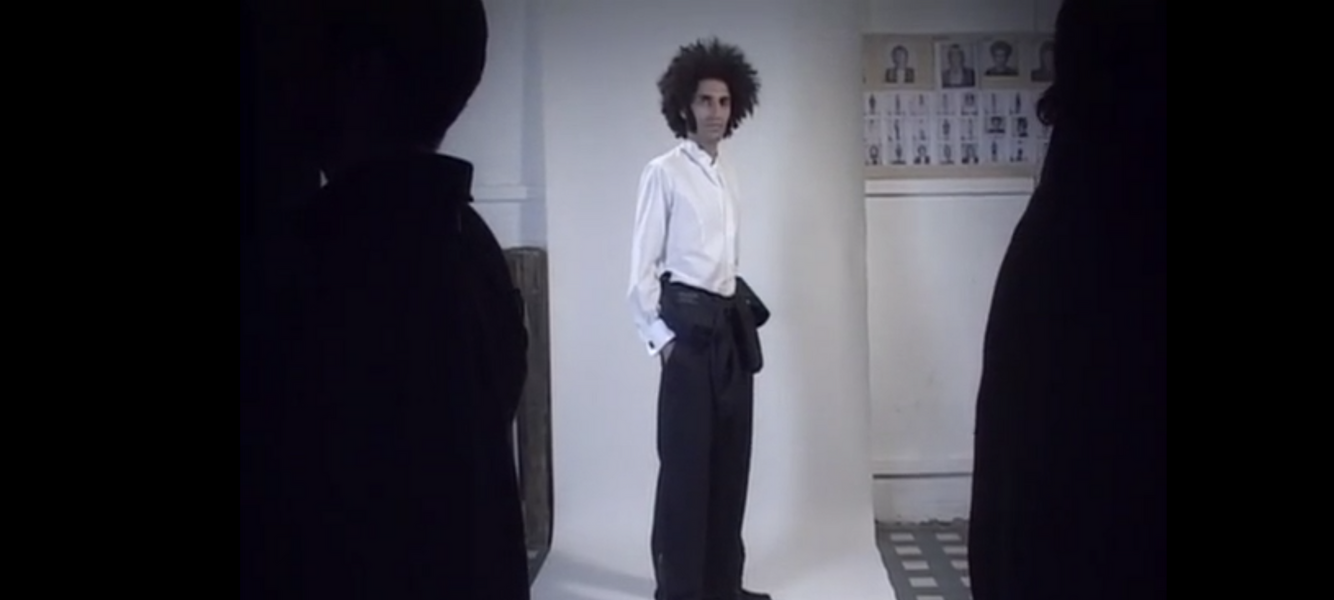Gerry Nelson
Distinguished Member
- Joined
- Oct 16, 2011
- Messages
- 7,970
- Reaction score
- 35,329
Looks really good. Very Japanese store lookbook (in a good way.)
Thank you very much for your suggestion! I'd never have known about Shoes Like Pottery otherwise.







